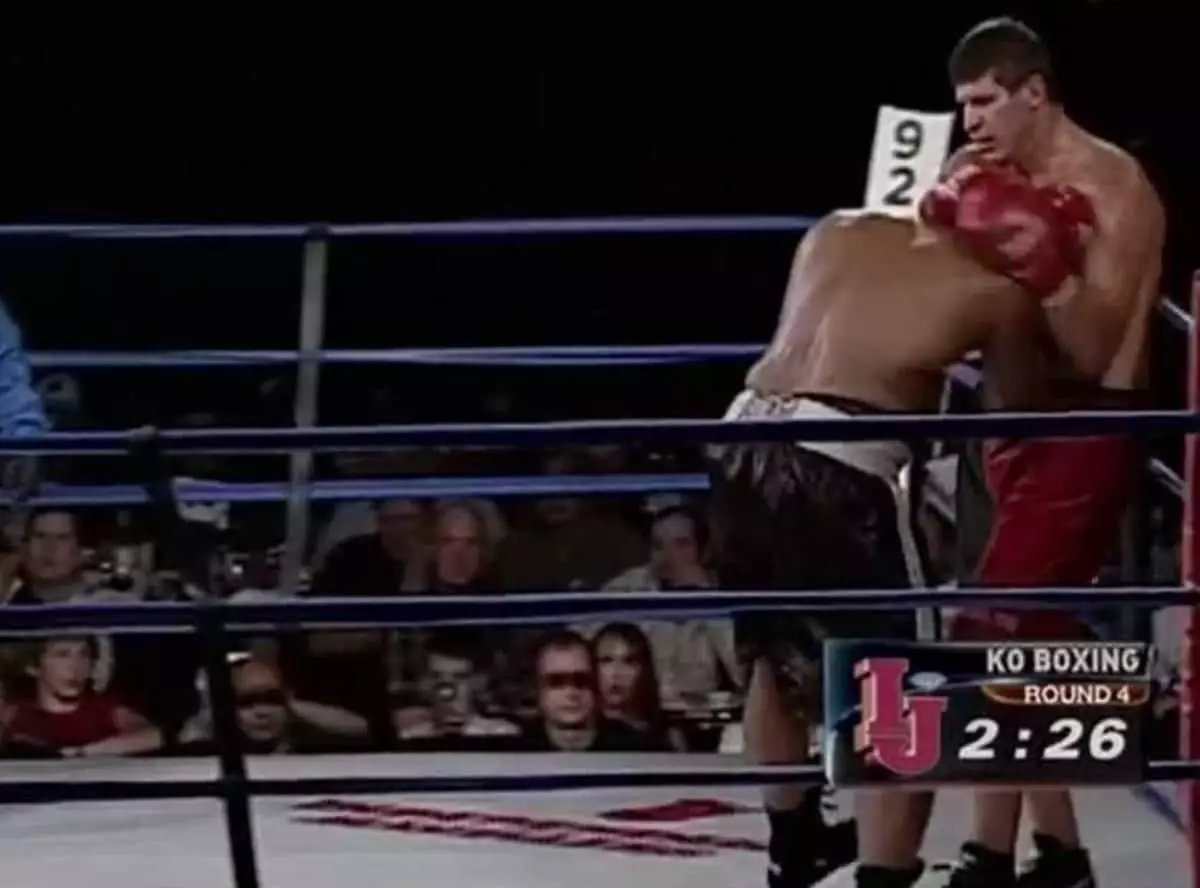The life and career of Tye Fields is a compelling narrative that exemplifies resilience and ambition within the realm of professional boxing. Born Walter Tyeson Fields, he transitioned from a college basketball player to an aspiring heavyweight fighter at the age of 24, a late start by boxing standards. Despite the odds stacked against him, particularly given his lack of amateur experience, Fields managed to carve out a notable career in a sport that often rewards those who display not only skill but also perseverance.
Fields’ story is defined by his associations with prominent trainers, namely Emanuel Steward and Jesse Reid, both of whom played pivotal roles in honing his abilities. Under their mentorship, he learned the intricacies of boxing that would later help him amass an impressive record. While many athletes naturally excel in their chosen fields, Fields’ success was a product of sheer determination and hard work, proving that raw talent isn’t the only pathway to achievement in sports.
Although he accumulated a formidable record of 29 wins against just one loss, his reputation was overshadowed by the criticism that often afflicts boxers with limited technical finesse. The boxing community tends to scrutinize losses more than victories, and Fields was no exception to this judgment. Yet, he showcased a level of heart and the ability to absorb punishment that is rarely recognized against the backdrop of cynicism.
Fields measured an impressive 6’8″ and weighed approximately 275 pounds, characteristics that placed him prominently in the heavyweight division. His stature allowed him to engage in significant bouts, including an admirable performance against Sherman Williams in 2003 that crowned him the USBA heavyweight champion. Stories of his encounters, such as knocking out Bruce Seldon in just the second round or defeating Nicolai Firtha, provide insights into Fields’ capability to compete against seasoned boxers.
Critics dubbed him with derogatory terms like “Powder Puff Giant” and “Hype Job,” but these labels often masked the reality of his potential. Fields’ ability to secure a dozen knockouts among his 49 wins illustrates a raw power that cannot be ignored. The resilience he displayed, evidenced by a remarkable fight against Raphael Butler, where he unleashed a flurry of over 90 punches in a single round, underscores the tenacity that defined his boxing style.
No boxing narrative is bereft of challenges, and Fields faced his share. As he continued to navigate the treacherous terrain of the heavyweight division, losses became a part of his demographic. Each defeat, particularly one against the formidable Mariusz Wach which effectively marked the end of his boxing endeavors in 2012, contributed to the narrative of a fighter who, despite shortcomings, always gave his best. The constant ups and downs, however, are part of what creates an enduring connection between a fighter and their fans.
Fields’ experience is a testament to the fact that not all boxers will achieve the grand dreams of championship glory, yet still have stories worth telling. His journey was rife with ambition, setbacks, laughter, and grit, inviting us to celebrate not just victories, but the heart displayed in pursuit of excellence.
Now, as Fields celebrates his 50th birthday, it’s significant to reflect on his journey. While he may not have worn a world championship belt, his contributions to the sport resonate beyond the ring. Tye Fields represents the underdog, the fighter who defied odds, and the embodiment of an unwavering spirit. His story serves as a poignant reminder that success takes many forms, and sometimes, it’s the struggles and resolve that render a fighter truly remarkable.
While many may remember Fields for his fights, it’s essential to remember the philosophy he embodied—a commitment to pushing boundaries and challenging the status quo. As spectators, we ought to recognize that boxing, like life, is about more than just winning; it’s about striving to be better and facing one’s fears with fervor. Today, wherever Tye Fields may be, his legacy is alive and well, inspiring future generations of athletes in all arenas.

